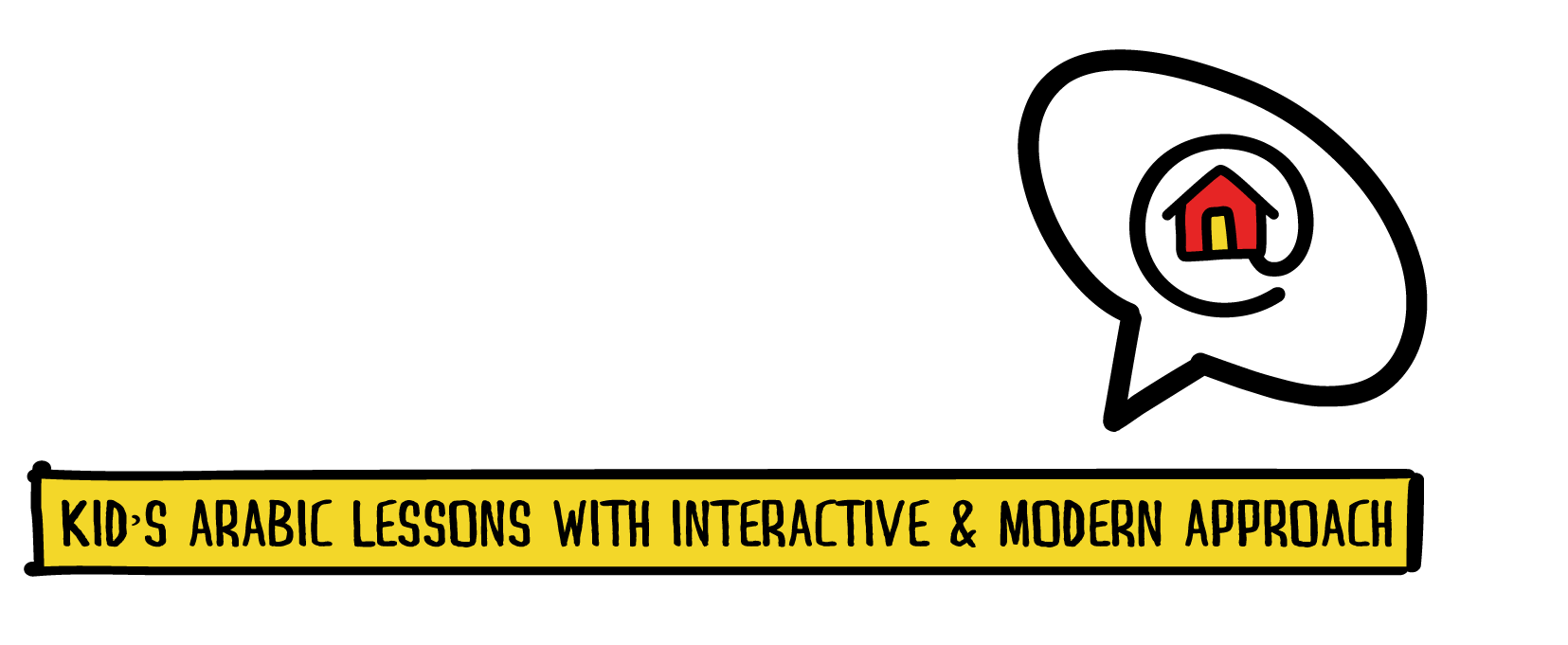How to Help Your Child Learn Arabic Faster, Without Feeling Like It’s Homework
At Kalima, we believe that learning Arabic should be joyful, not stressful. If your child finds Arabic difficult or boring, you’re not alone—many parents face the same challenge. But the good news? It doesn’t have to be that way.
Through our online Arabic lessons at Kalima for kids, we’ve discovered that when Arabic is introduced through creativity, culture, and play, children are more likely to stay engaged—and actually enjoy learning. Here’s how you can help your child learn Arabic faster, without it feeling like homework.
Why Kids Struggle With Learning Arabic
Before jumping into solutions, it helps to understand why some kids might find Arabic language intimidating or dull:
- Lack of Context: Kids often find it hard to relate to a language if they don’t see how it applies to their everyday lives.
- Limited Exposure: Arabic may not be their primary language at school or among friends.
- Fear of Mistakes: Some children hesitate to speak Arabic because they fear making mistakes.
- Boring Methods: Traditional learning methods, like memorizing vocabulary lists, can be dull and ineffective.
At Kalima, we understand these struggles and offer creative, interactive ways to overcome them.
1. Make Arabic Part of Everyday Life
To boost early Arabic education, try integrating the language into your child’s daily routine. Here are some practical ways to do that:
- Use Arabic at Home: Incorporate simple Arabic phrases during meals, playtime, or bedtime.
- Label Household Items: Stick labels with Arabic words around the house for a constant learning reminder.
- Create an Arabic Corner: Dedicate a small space at home for Arabic books, toys, or flashcards.
2. Turn Screen Time into Learning Time
Instead of battling screen time, turn it into an opportunity for learning Arabic online:
- Arabic Cartoons and Shows: Choose entertaining and educational programs in Arabic.
- Interactive Apps: Learning through play is powerful. Explore Arabic language learning apps that feature games, songs, and stories.
- Audiobooks and Storytime: Listening to stories in Arabic enhances vocabulary and comprehension.
3. Encourage Playful Learning
Play is a child’s best learning tool. Here are some activities to make Arabic learning enjoyable:
- Board Games and Flashcards: Create memory games using Arabic letters and words.
- Role-Playing: Pretend to run a market, a cafe, or a post office while speaking in Arabic.
- Arts and Crafts: Design Arabic alphabet posters, draw pictures with corresponding words, or try Arabic calligraphy.
4. Connect Arabic to Their Interests
Does your child love animals, sports, or outer space? Leverage these passions to boost their Arabic learning. Read Arabic books about their favorite topics, play Arabic games, or watch videos that match their interests. The more personal and relevant the experience, the more engaged they will be.
5. Create a Reward System
Positive reinforcement is key. Celebrate small milestones in their Arabic learning journey with:
- Sticker Charts: Earn stickers for every new word learned or sentence formed.
- Special Treats: Enjoy a favorite snack or extra playtime after completing an Arabic activity.
- Language Milestones: Celebrate their first Arabic conversation or their ability to read a short story.
6. Involve Family and Friends
The more your child practices, the more confident they will become. Encourage them to speak Arabic with family members, friends, or even through virtual language exchanges. Kalima also offers fun and interactive Arabic lessons designed to keep kids excited and motivated.
Start Your Child’s Arabic Learning Journey Today!
At Kalima, we make learning Arabic accessible, enjoyable, and effective. Our expert educators create personalized lessons based on your child’s interests and learning style. With interactive games, storytelling, and immersive experiences, we ensure that your child stays engaged and builds confidence in Arabic.
Ready to help your child embrace the joy of learning Arabic? Contact us at +96181701455 or info@kalima-lessons.com to schedule a session and watch them thrive with Kalima.
Let’s make Arabic learning an adventure—one fun word at a time!
Recommended Reads: My Child Understands Arabic But Won’t Speak It—What Can I Do?


